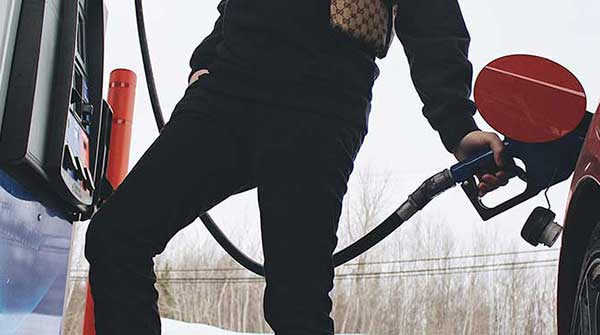 The crude oil world is in deep flux.
The crude oil world is in deep flux.
Ongoing attempts by the G7 to put a price cap on Russian crude exports – almost an admission of its failure to curb the flow of petro-dollars to Moscow – also meant it needed to do more. But moving ahead with the proposal could result in global oil prices spiking.
Warning shots have been fired. Bjarne Schieldrop of the Swedish bank SEB says the move would ramp up pressure on the already tight market, and crude oil prices could surge above US$200. The G7 plans are a “recipe for disaster,” he said on Wednesday.
Schieldrop said the plans could cause Russian production to fall by as much as two million barrels per day (bpd), ratcheting up the pressure on an already-stressed oil market. “G7 countries are today praying that Russian oil exports will not go down,” Schieldrop said in a note. “Because if they do, then the oil price will spike from the current $117 a barrel to above $200 a barrel.”
JPMorgan Chase & Co. analysts warned that global oil prices could reach a “stratospheric” US$380 a barrel if American and European penalties prompt Russia to inflict retaliatory crude-output cuts.
And the lack of spare oil production capacity worldwide is now official.
During the G7 summit, French President Emmanuel Macron was overheard telling U.S. President Joe Biden that there wasn’t much spare capacity available to replace the Russian crude.
Two countries – Saudi Arabia and the United Arab Emirates – are believed to hold much of the available spare global output capacity. But they’re nearing their limit, Macron told Biden at the summit.
“I had a call with MbZ (President Mohammad bin Zayed of the U.A.E.),” Macron was heard telling Biden on the sidelines of the G7 summit. “He told me two things: I’m at a maximum, maximum (production capacity). This is what he (MbZ) claims. And then he said (the) Saudis can increase (only) by 150,000 bpd. Maybe a little bit more, but they don’t have huge capacities before six months.” Macron was then asked to continue discussions indoors, away from cameras and microphones.
U.A.E. is officially confirming the lack of spare capacity.
A statement from its top energy official said his country was producing its assigned Organization of Petroleum Exporting Countries (OPEC) quota of 3.168 million bpd. “In light of recent media reports, I would like to clarify that the U.A.E. is producing near to our maximum production capacity based on its current OPEC+ production baseline,” Bloomberg quoted U.A.E. Energy Minister Suhail bin Mohammed al-Mazrouei as saying.
And the ongoing political unrest in Ecuador and Libya is tightening supplies even further.
To alleviate the tight crude demand-supply balance, France wants the G7 to let Iran and Venezuela return to the market, underlining the world’s need for their oil. But with the last Iran-U.S. talks in search of a nuclear agreement failing to produce the desired results, markets continue to hang in the balance.
And in another interesting twist to the G7 efforts, France wants the group to put a cap on oil export prices from all countries, not just Russia.
Spare global capacity is running very low, which will keep oil and gas markets on edge for some time, the chief executive of Shell said. “Spare capacity is running very, very low,” Reuters quoted the oil major’s CEO Ben van Beurden as saying.
Reuters reported that OPEC and its allies in the extended OPEC+ admit the global oil surplus will decline to one million bpd this year, against previous estimates of 1.4 million bpd.
Exacerbating the scenario further is a report saying OPEC+ has been unable to meet its output commitments. Since May 2020, OPEC+ has supplied more than half a billion barrels less than it pledged to world markets, a Bloomberg report said.
What can Biden do in these circumstances?
Setting aside his commitment to make Saudi Arabia the pariah state it deserves to be, he’s scheduled to visit Riyadh later this month and meet Crown Prince Mohammad bin Salman in person. Will he achieve his objective to have Saudi Arabia open its crude taps further?
If there really isn’t much spare capacity there, Biden’s visit could be in vain.
So all is not well with the global crude demand-supply balance. Recession and demand destruction due to high oil prices could offer some hope of a way out of this crude oil quagmire. But that would cost us all.
Toronto-based Rashid Husain Syed is a respected energy and political analyst. The Middle East is his area of focus. As well as writing for major local and global newspapers, Rashid is also a regular speaker at major international conferences. He has provided his perspective on global energy issues to the Department of Energy in Washington and the International Energy Agency in Paris.
For interview requests, click here.
The opinions expressed by our columnists and contributors are theirs alone and do not inherently or expressly reflect the views of our publication.
© Troy Media
Troy Media is an editorial content provider to media outlets and its own hosted community news outlets across Canada.


A very interesting and thought-provoking article. Thank you.